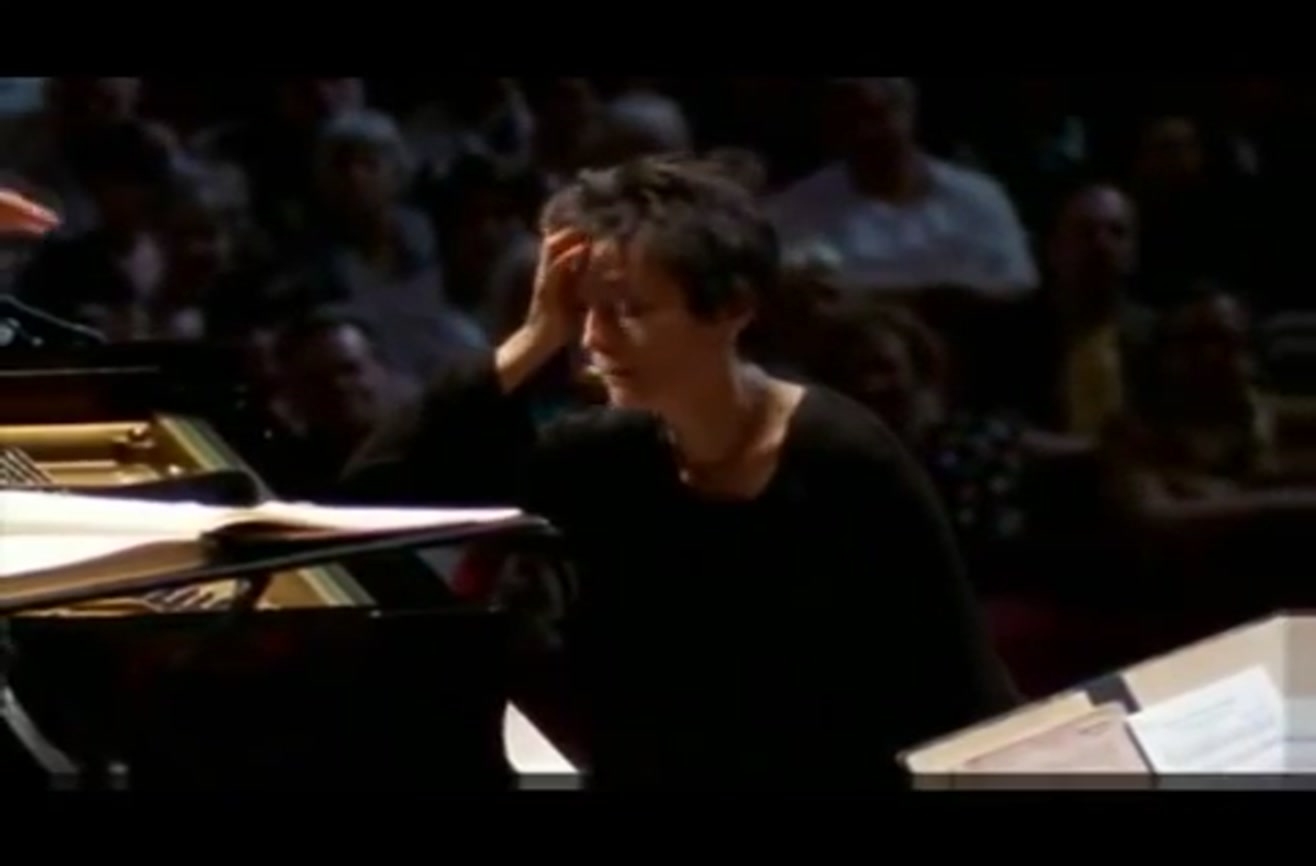Max Richter: November
November is the ninth track on Max Richter’s 2002 debut album, Memoryhouse. Words like “neoclassical” and “post-minimalist” have been used to describe the German-born British composer’s music. It blends elements of contemporary classical music (Richter studied with the Italian experimentalist Luciano Berio) with electronic and pop influences. The result is a slowly-developing ambient sound world which draws on the diverse sounds of the twenty-first century. Richter has produced numerous film and television scores. Here is a contemplative excerpt …







